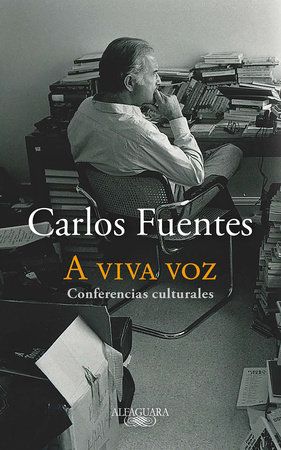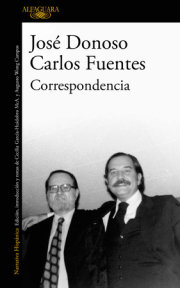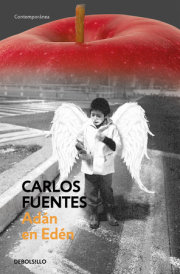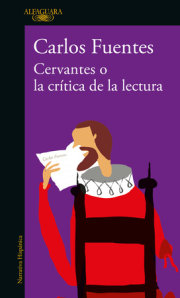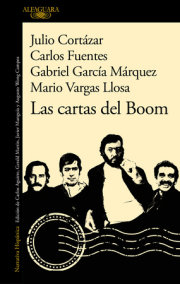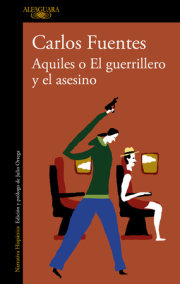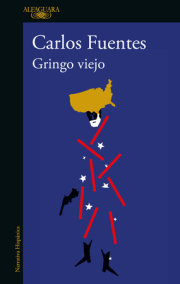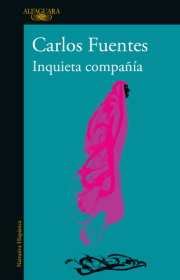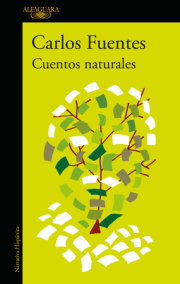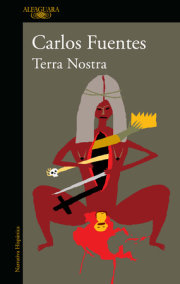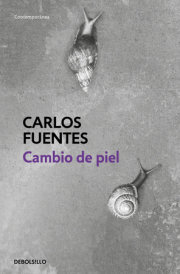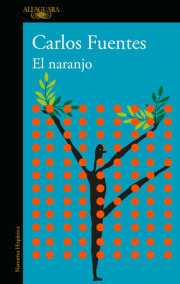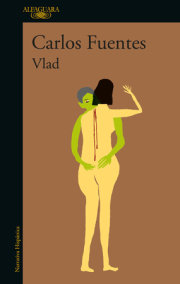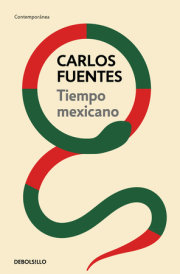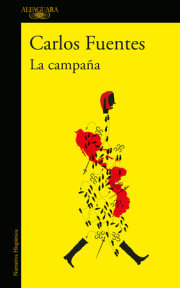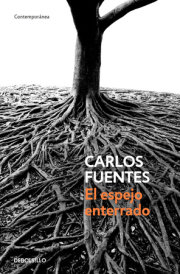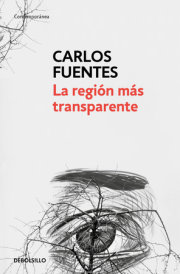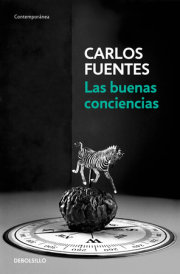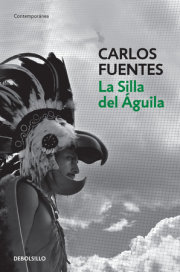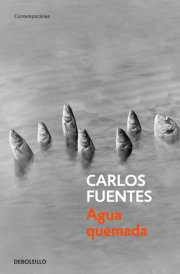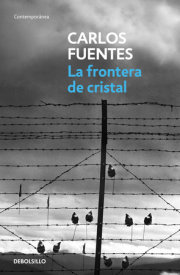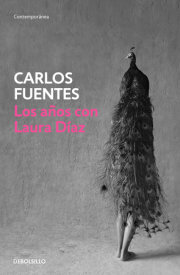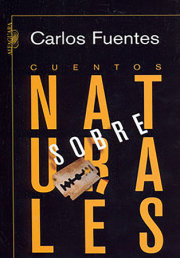Además del reconocimiento que recibió por su obra escrita, Carlos Fuentes siempre fue apreciado como uno de los grandes oradores, como un conferenciante crítico, agudo y generoso al momento de compartir sus ideas y puntos de vista. Hasta el final de su vida, subía al podio con un salto atlético, seducía a su público con la brillantez de su síntesis, con la calidez y la vitalidad de su tono.
A viva voz recopila una serie de conferencias culturales, divididas en tres partes, que hablan intensamente de su relación con la literatura nacional y universal, con su propia obra, con sus amigos y con quienes consideró sus maestros.
"Maestros" está conformada por textos que desvelan la grandeza de Balzac, Faulkner y Cervantes, y la influencia que tuvieron en su obra. "Amigos" integra textos sobre la amistad y lo que representaba para él: "Lo que no tenemos, lo encontramos en el amigo. Creo en este obsequio y lo cultivo desde la infancia". Estas conferencias hablan de Luis Buñuel, Alfonso Reyes, Julio Cortázar, Fernando Benítez y Octavio Paz. Finalmente, en "Vocación", Fuentes vuelve su mirada hacia la historia de sus propias obras literarias y a los principios detrás de su construcción, las coloca al lado de los acontecimientos relevantes de su época y cuenta detalles que interesaran vivamente a los amantes de la literatura.
Leer A viva voz es asistir al encuentro cercano e íntimo con la palabra de uno de los pensadores más inquietos y vitales de todos los tiempos.
ENGLISH DESCRIPTION
Along with the international recognition he received for his written work, Carlos Fuentes was always recognized and respected as one of the greatest speakers, as a speaker who was critical, sharp, and generous when sharing his ideas and points of view. Up until the end of his life, he would ascend up to the podium with an athletic leap, seduce his audience with his gift of synthesis, and with the warmth and vitality of his tone.
Speaking Out Loud is a collection of lectures offered by Carlos Fuentes at different times of his life about cultural themes. They are divided into three parts: teachers, friends, and vocation. In them, he speaks intensely about his relationship with literature nationally and universally, about his own works, his friends, and about those he considered his teachers.
"Teachers" is made up of texts that reveal the greatness of Balzac, Faulkner, and Cervantes, and the influence they all had on Fuentes’ work. "Friends" includes texts about friendship and what it meant to him: "I think that what we are lacking, we find in our friends. I believe in this gift and I’ve fostered it since childhood." These conferences speak of Luis Buñuel, Alfonso Reyes, Julio Cortazar, Fernando Benitez, and Octavio Paz. At last, in "Vocation", Fuentes turns his gaze towards the history of his own literary works and the principles behind his creation of them; he places them next to relevant events of those times, and narrates details that will vividly interest those who love literature.
To read Speaking Out Loud is to be present in a close and intimate encounter with the words and thoughts of one of the most restless and vital thinkers of all time.

